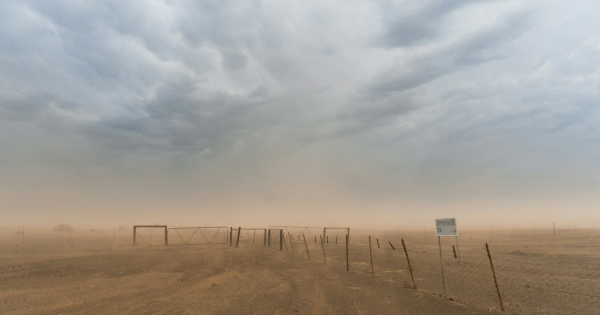Cold Weather Advisory
This type of weather alert provides essential safety information for specific conditions. Stay informed by monitoring local updates and preparing accordingly.
See the current LIVE alerts.

Understanding Cold Weather Advisories
A Cold Weather Advisory is issued by meteorological agencies to inform the public about expected cold weather conditions that may pose a risk to health and safety. These advisories are typically issued when temperatures are forecasted to drop to levels that could lead to hypothermia, frostbite, or other cold-related illnesses, especially for vulnerable populations such as the elderly, young children, and individuals with pre-existing health conditions.
When is a Cold Weather Advisory Issued?
Cold Weather Advisories are generally issued when temperatures are expected to fall below freezing for an extended period or when wind chill factors significantly lower the perceived temperature. The specifics can vary depending on regional climate norms and the criteria set by the local weather service. The advisory serves as an early warning to help individuals and communities prepare for the impending cold conditions.
How to Prepare for a Cold Weather Advisory
Preparation is key to staying safe during a Cold Weather Advisory. Here are some essential tips:
- Dress in layers: Wear multiple layers of clothing to trap warmth. Ensure that the outer layer is windproof and waterproof to protect against cold winds and precipitation.
- Protect extremities: Wear hats, gloves, and thick socks to prevent frostbite. Cold weather affects the extremities first.
- Stay indoors: Limit outdoor activities as much as possible. If you must go outside, keep trips brief and avoid prolonged exposure to the cold.
- Prepare your home: Ensure your heating system is functioning correctly. Seal windows and doors to prevent drafts, and have extra blankets and warm clothing available.
- Emergency supplies: Keep an emergency kit with essential items such as food, water, flashlights, batteries, and a first aid kit in case of power outages or other emergencies.
- Check on vulnerable individuals: Make sure that elderly family members, neighbors, and those with health issues have adequate heating and supplies.
By understanding and preparing for Cold Weather Advisories, you can help ensure the safety and well-being of yourself and your loved ones during extreme cold weather events.






